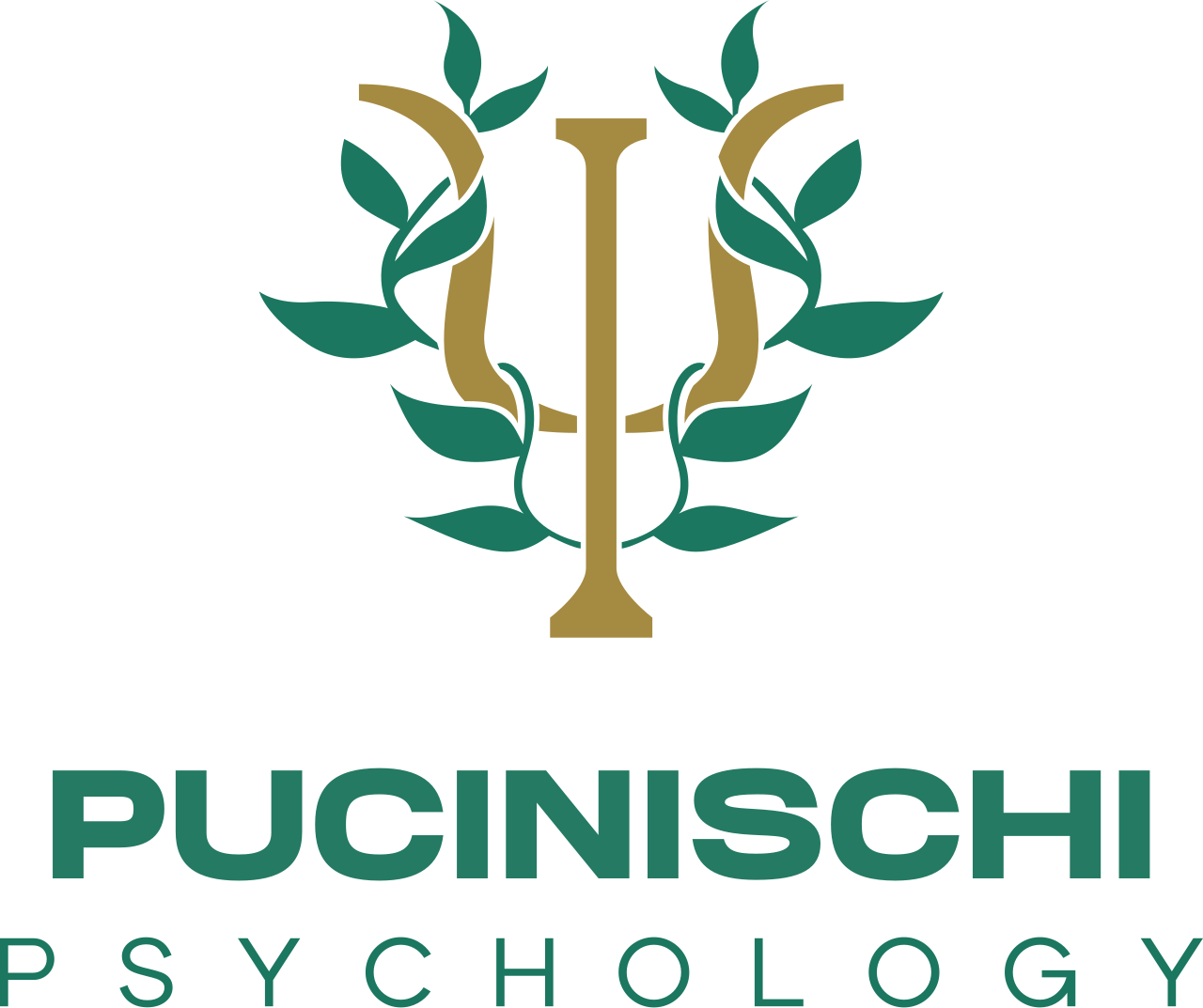Services
Pucinischi Psychology provides psychological support and therapy for a range of issues and concerns, which are listed below.
Therapy
The cornerstone of psychological treatment is therapy.
Therapy typically involves exploring the relationship between thoughts, feelings, and behaviours, and how each of these factors may contribute to a person’s presenting concerns.
Depending on a person’s presenting issues, or therapy preference, treatment in psychotherapy may involve the following:
Education and strategies to help people think about situations in a more helpful way.
Strategies to reduce the impact of unhelpful thoughts on emotions and behaviours.
Strategies to reduce the impact of depression or anxiety on a person’s daily activities.
Engaging in behaviours/activities to boost mood or reduce anxiety and stress.
Practical skill building
An important component of treatment is developing practical skills to supplement psychotherapy. Christopher has experience supporting people to develop skills in the following areas:
Anger management.
Frustration/distress tolerance.
Assertive communication.
Problem solving.
Decision making.
Concentration and productivity.
Trauma-related interventions
Christopher has a trauma-informed approach when working with people who have experienced trauma, ensuring that they feel safe and in control of their treatment.
He has experience delivering trauma-specific interventions such as exposure therapy and EMDR.
Regardless of intervention preference, an important part of trauma-related work will involve developing distress tolerance skills which will assist with confronting trauma memories or reminders of the traumatic event.
Pain management
Christopher has experience working with people experiencing chronic pain. Treatment with this population usually involves:
Emotion regulation skills for secondary distress arising from pain.
Improving acceptance around pain.
Reducing pain-related catastrophising.
Improving confidence to engage in activities despite pain.
Contact us
Interested in working together? Fill out some info and we will be in touch shortly. We can’t wait to hear from you!




